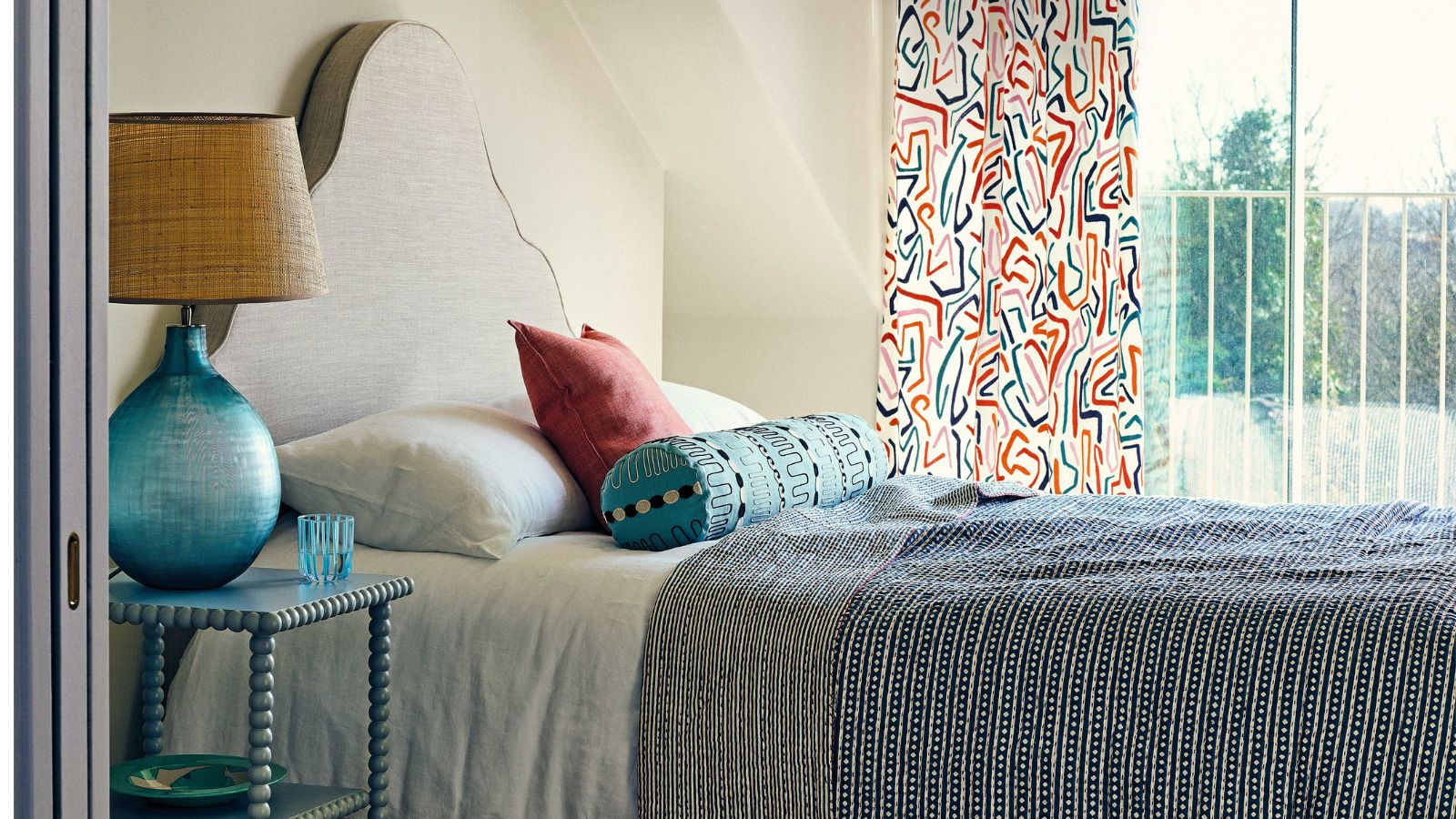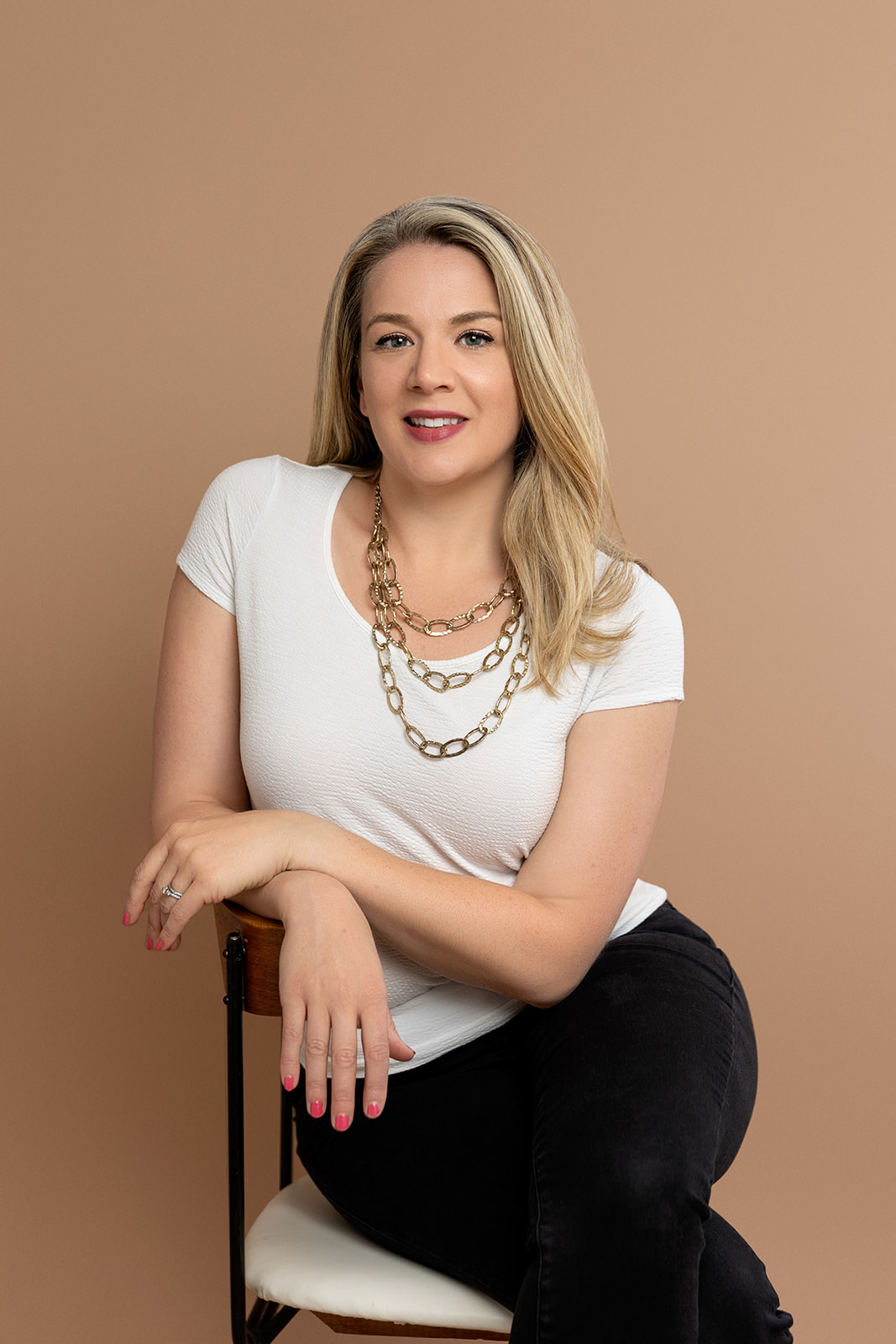How to become a morning person – 10 tips to help you get up earlier
Dream of being a morning person? Here's how to switch your day and get out of bed early

- 1.Establish a better bedtime
- 2. Script out your morning the night before
- 3. Keep it consistent
- 4. Get out of bed right away
- 5. Try to avoid interacting with your phone
- 6. Give yourself some time
- 7. Carve out time for a workout
- 8. Expose yourself to light
- 9. Do something you enjoy
- 10. Eat a healthy breakfast
- FAQs

Here’s the truth of the matter: you won’t become a morning person just by following all of the tips in this article. If your body is predisposed to function better at night and you’ve always considered yourself a 'night owl,' embracing the sunrise and tackling a to-do list at the beginning of the day isn’t going to be your idea of a party.
But, most days of the week you probably need to get yourself out of bed before 10am so it’s best to learn how to make the most of it and set yourself up for a better morning.
We asked the experts how to switch your lifestyle around and become more of a morning person and – surprise, surprise – it starts with sleeping better...
How to become a morning person (according to the experts)

No matter how much you struggle to get out of bed in the mornings, these expert tips are sure to help. And they aren't all about embracing the 5-9 trend (frankly unrealistic for most) but focused on enjoying your mornings and using that spare time to get more from your day as well as setting you up to be productive.
1.Establish a better bedtime
A happier, healthier morning starts the night before. Know the ideal number of hours you need to sleep at night to feel better in the a.m. Then, give yourself an hour or so to wind down at night to prep for sleep. It sounds simple, but making sure you're doing everything you can to set yourself up for a good night's sleep will pay dividends the next morning.
'Know that blue light from your phone will suppress melatonin – the sleep hormone – for 90 minutes,' says Darria Long Gillespie, MD, author of Mom Hacks, based in Atlanta, Georgia.
Keep that in mind and come up with a plan to set it down at least an hour and a half before bedtime.
2. Script out your morning the night before
Identify what you want to do in the morning and how much time you'll need to do everything without feeling rushed. That way, you’re setting your alarm for a time that allows you to squeeze in that workout, shower, getting ready, making and eating breakfast, taking care of children and pets before you need to leave for work or start your day.

Dr Darria Long Gillespie founded her website on simple, evidence-based advice on physical and mental wellness. She is a national TV contributor and author of Mom Hacks. She is also a TED speaker and Clinical Assistant Professor at the University of Tennessee. She received her training in emergency medicine at Yale School of Medicine and her MBA from Harvard Business School.
3. Keep it consistent
It’s essential to wake up at the same time every day, no matter what, says Annie Miller, LCSW-C, therapist and behavioral sleep specialist at DC Metro Therapy in Washington, DC. (Yes, we’re talking about weekends, too.)
She suggests that 'sleeping in and varying your wake times can make sleep more difficult.'

4. Get out of bed right away
'Snoozing or lying in bed and looking at your phone is unhelpful and can create more anxiety,' adds Annie.
Be honest, have you ever felt great after hitting snooze a few times in the morning? Probably not.

Annie Miller, LCSW, is a licensed psychotherapist who specializes in pain treatments and sleep issues. She is also the founder of DC Metro Therapy and is trained in CBT for insomnia (CBT-i) and EMDR therapy.
5. Try to avoid interacting with your phone
This is way easier said than done. First, move your phone somewhere across the room if you use it as your alarm. That way, you have to get out of bed to silence it in the morning. Then, after you turn off the alarm, resist the urge to engage with your phone.
'Grabbing your phone and looking at your to-do list right away can promote stress and anxiety,' says Annie. 'If you can take some time and engage in a relaxing activity like breathing or meditation before you jump into your day, this helps to set a positive tone and reduce stress before your day begins.'
6. Give yourself some time
An ideal morning routine has some breathing space in it. Slow down and practise being mindful, Annie Miller suggests.
'The morning can be a time when many feel anxious, exhausted, and unmotivated. Moving through your routine slower, with calm and ease, and also with mindful intention can make a big difference in your day. Try to leave yourself enough time not to feel rushed or pressured.'

7. Carve out time for a workout
'I’m not a morning person,' says Dr. Darria. 'But once I had children, I realized that if I wanted to get in a workout, the only way to do it would be before they woke up. I had to bite the bullet and schedule my alarm to go off an hour before they’d get up.'
Completing a workout in the morning is a good habit if you want to become a morning person because science says it can help shift your circadian rhythm, making you feel more alert in the first half of the day.
8. Expose yourself to light
'The first thing you need to do is get bright light because it’s going to shut off your body's melatonin production and tell the body, hey, it’s time to wake up!' says Dr. Darria. 'It’ll help you feel more alert in the morning and reset your body clock for the day so your body knows, "Got it! Sixteen hours from now I need to be ready to go to sleep."'
Morning light will make it easier for you to fall asleep at night, so take that morning workout outside in the sunlight for an extra energy boost.
9. Do something you enjoy
Setting your alarm to get up earlier each day isn’t easy. That’s why you need to have a few things you enjoy as part of your morning to create your ideal morning routine.
'That might mean starting your day with your favorite coffee in a special mug and savoring the first few sips,' suggests Dr. Darria. You might want to set aside 20 minutes to read something for fun, make a delicious breakfast, journal, or engage in something that makes you smile – like playing with a pet or children.
10. Eat a healthy breakfast
You might have skipped a morning meal in order to squeeze a few more minutes in bed if you’re a typical night owl. But research shows that you’ll likely feel better if you start your day with fuel.
An ideal energizing breakfast will have high-fiber carbohydrates, protein, and some fruits or vegetables, according to Harvard Health Publishing. Think oatmeal with milk, topped with fruit and nuts or peanut butter on whole-grain toast and bananas.
FAQs
Why I am not a morning person?
You can't necessarily blame yourself for not being a morning person, but you can blame your genes. This doesn't mean you can't change, but it does mean that it can be harder work for you to get up early every morning. The good news? As you get older, you tend to wake up earlier naturally.
Of course, one reason you may not be a morning person might be that you don't have the best mattress and aren't getting good quality sleep. Swapping out an old mattress, along with investing in the best pillow, might just help fix your morning self, for good.
Sign up to the Homes & Gardens newsletter
Design expertise in your inbox – from inspiring decorating ideas and beautiful celebrity homes to practical gardening advice and shopping round-ups.

Diana Kelly Levey is a freelance writer, editor, copywriter and author who's been writing sleep and health articles for over 15 years. Her work has been published in Health, Tom’s Guide, Real Simple, Men's Health, Prevention, Reader's Digest, WebMD, and more. Diana lives in Long Island, NY, with her husband, two children and adopted dog. You can learn more about Diana through her website DianaKelly.com, or follow her on Twitter, Instagram, or LinkedIn.
-
 What colors go best with butter yellow? 8 equally delicious shades to pair with spring's hottest color trend
What colors go best with butter yellow? 8 equally delicious shades to pair with spring's hottest color trendInspired to elevate your home this spring with chic pale yellows? Here are the best colors to complete your scheme
By Emily Moorman
-
 Sarah Michelle Gellar's entryway is tranquil and elegant thanks to white and wood accents – her neutral style is replicable from $33
Sarah Michelle Gellar's entryway is tranquil and elegant thanks to white and wood accents – her neutral style is replicable from $33The actress's entryway features a wood console table, wood floors, and crisp, white paint for a warm and inviting atmosphere
By Hannah Ziegler